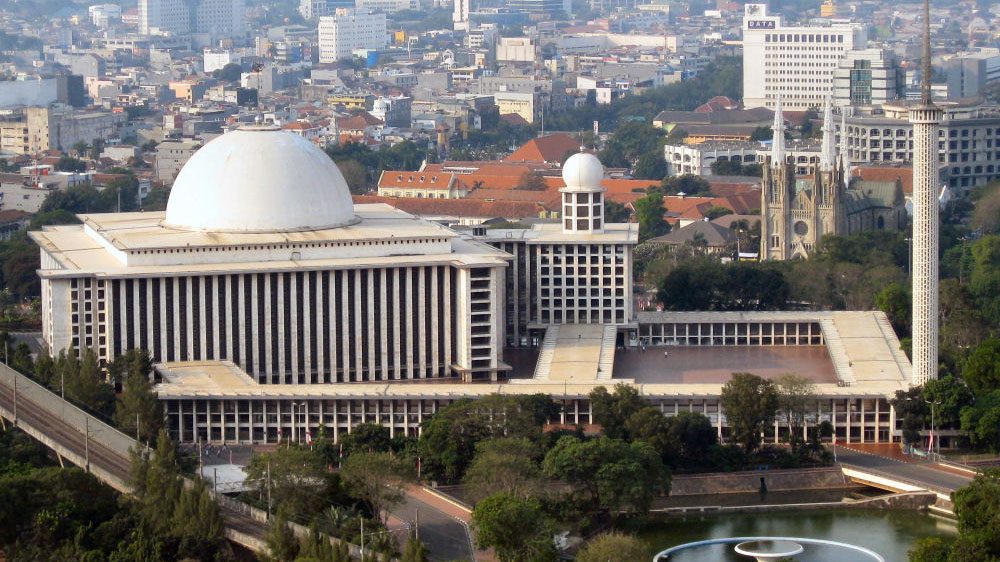Hefner Offers Insights Into Successes of Indonesian Democracy

In an interview with the Melbourne Asia Review, Robert Hefner, Professor of Anthropology and of International Relations at the Frederick S. Pardee School of Global Studies at Boston University, the state of democracy in Indonesia.
In the article, titled “Why there are grounds for optimism in Indonesia, even in an age of global democratic regression,” Hefner is asked to comment on the current state of the relationship between Islam and democracy in Indonesia, why the country’s democracy has thrived in comparison to other Muslim countries, as well as the Indonesian Pluralities film series on which he is a senior producer. Hefner notes that the challenges facing Indonesian democracy are not specific to ‘Islam’ or Muslim societies. He argues that “open democratic political systems around the world have been unexpectedly challenged by the rise of the internet and the impact of its operation on what we can call the public sphere.”
Hefner also applauds Indonesia’s embrace of multi-ethnic and multi-religious nationalism. In an era when democratic societies around the globe are still plagued by religious, ethnic, gender, or racial inequalities, he says that Indonesia has made great progress.
The full interview can be read on the Melbourn Asia Review‘s website.
Robert Hefner has directed 19 research projects and organized 18 international conferences, and authored or edited nineteen books. He is the former president of the Association for Asian Studies. At CURA, he directed the program on Islam and civil society since 1991; coordinated interdisciplinary research and public policy programs on religion, pluralism, and world affairs; and is currently involved in two research projects: “The New Western Plurality and Civic Coexistence: Muslims, Catholics, and Secularists in North America and Western Europe”; and “Sharia Transitions: Islamic Law and Ethical Plurality in the Contemporary World.” Read more about Professor Hefner on his faculty profile.